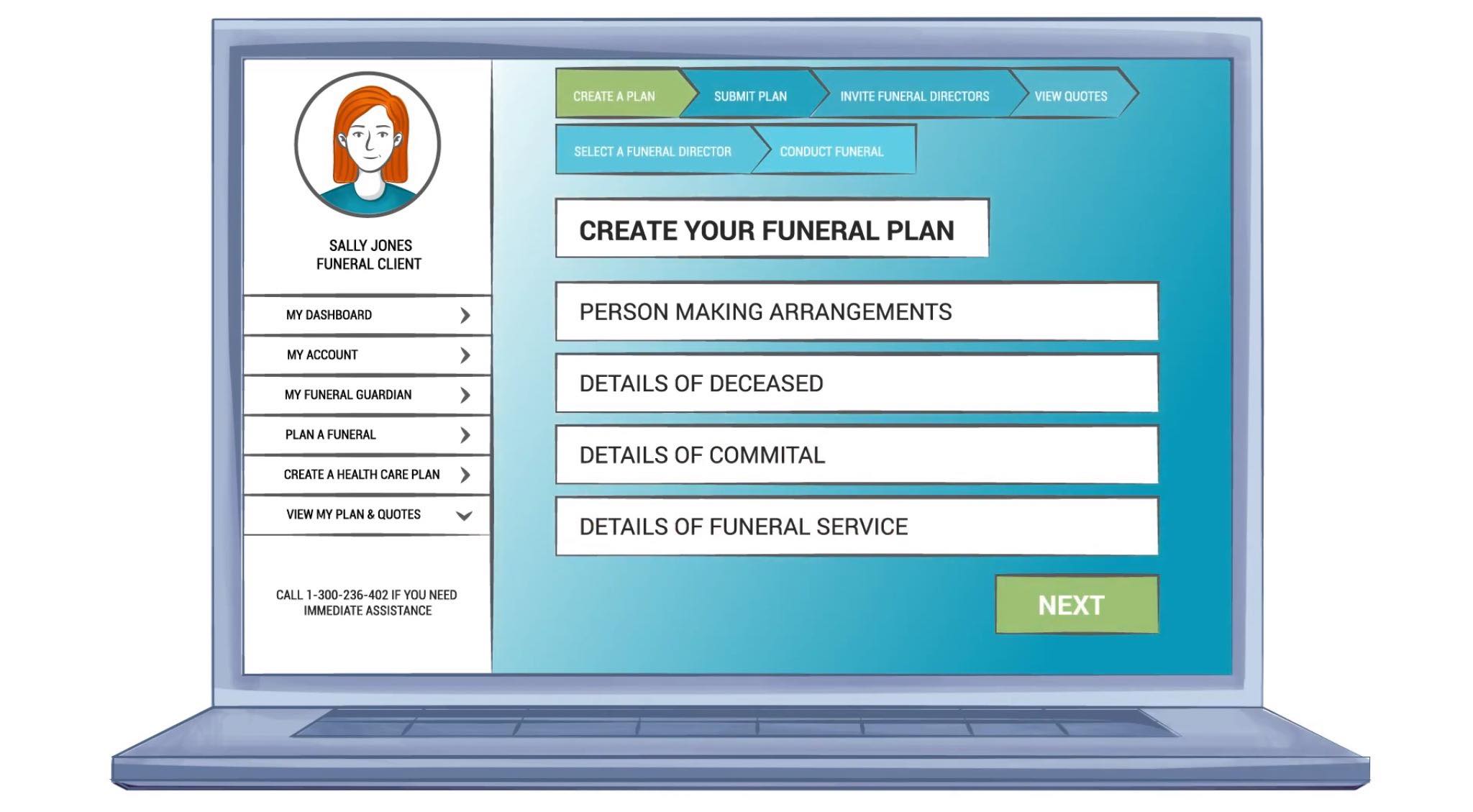
A funeral is a ceremony held after someone’s death to honor their life and express grief over their passing. It serves a multitude of purposes, acting as a public acknowledgement of death, a celebration of the deceased’s life and accomplishments, and a space for friends and family to gather in support of one another during a difficult time.
While the core elements of a funeral remain consistent across cultures and religions, variations exist in the specific traditions and rituals observed. Understanding these core components and variations can provide valuable insight into the significance funerals hold in our society.
Core Components of a Funeral
Disposition of the Deceased
Following a death, one of the first decisions families make involves the disposition of the deceased’s remains. The two most common methods are burial and cremation.
Burial is the traditional method, where the body is laid to rest in a grave, often marked by a headstone. Cemeteries provide designated plots for burials, and families may choose from various options for caskets or vaults.
Cremation involves the burning of the body at high temperatures, resulting in ashes that are returned to the family in an urn. Cremation has become increasingly popular in recent years, with statistics from the Australian Funeral Directors Association (AFDA) indicating that cremation rates have surpassed burials in Australia since 2014. Factors contributing to this shift include lower costs associated with cremation and changing societal preferences.
| Year | Burial Rate (Estimated) | Cremation Rate (Estimated) |
| 2023 (projected) | 30% | 70% |
| 2022 | 32% | 68% |
| 2021 | 34% | 66% |
| 2020 | 36% | 64% |
| 2019 | 38% | 62% |
| 2018 | 40% | 60% |
| 2017 | 42% | 58% |
| 2016 | 44% | 56% |
| 2015 | 46% | 54% |
| 2014 | 48% | 52% |
The Funeral Service
The funeral service itself is a structured ceremony that allows for the public expression of grief and the celebration of the deceased’s life. The venue for the service can vary depending on the family’s wishes and cultural traditions. Often, funeral homes provide chapels specifically designed for these ceremonies, but places of worship or even outdoor venues can be chosen for a more personalized touch.
An officiant presides over the service, which could be a religious leader, a celebrant specializing in non-denominational ceremonies, or even a close friend or family member. The program for the service typically includes eulogies – speeches delivered by loved ones that share stories and remembrances of the deceased. Additionally, readings from religious texts, poems, or personal reflections may be incorporated, along with music that reflects the deceased’s personality or religious beliefs. Prayers may also be offered, providing a sense of comfort and spiritual solace for the bereaved.
Variations Across Cultures and Religions
Funerals hold significant meaning across a wide range of cultures and religions, with specific customs and rituals reflecting the unique belief systems and traditions of each group.
Here are some examples of how funeral practices vary:
Christianity: Christian funerals often take place in a church or chapel, with a priest, minister, or pastor leading the service. Hymns play a prominent role, and readings may include passages from the Bible. Burial is the traditional method of disposition, though cremation is becoming more common.
Islam: Islamic funerals emphasize swiftness and simplicity. The body is typically washed and shrouded in white cloth before a burial ceremony. Eulogies are not customary, and the focus is on prayers for the deceased’s soul.
Judaism: Jewish funerals adhere to specific rituals and customs outlined in Jewish law. The body undergoes purification and is buried in a simple shroud within 24 hours of death. Shiva, a seven-day mourning period, is observed by close family members.
Hinduism: Hindu funerals involve cremation, with the ashes scattered in a holy river like the Ganges. The ceremony may involve rituals to help the soul achieve liberation. Colors associated with mourning in Hinduism are white and off-white, unlike the black commonly seen in Western cultures.
Buddhism: Funeral practices in Buddhism vary depending on the specific tradition. Cremation is common, and the ashes may be kept in a temple or buried. The focus of Buddhist funerals is often on helping the deceased achieve enlightenment.
These are just a few examples, and the diversity of funeral customs around the world is vast. Understanding these variations can foster respect and empathy for different cultures and their ways of grieving.
Importance of Funerals
Funerals play a crucial role in the grieving process, offering both social and emotional support to those who have suffered a loss.
Social and Emotional Support
The gathering of friends and family at a funeral provides a space for shared grief and support. Eulogies and shared memories allow those who knew the deceased to come together, celebrate their life, and begin to heal. Studies by the National Center for Grieving Children & Families highlight the importance of social support during bereavement, demonstrating that individuals who attend funerals experience a smoother grieving process.
Closure and Acceptance
Funerals can also serve as a formal acknowledgement of death, helping mourners begin to accept the reality of their loss. The rituals and traditions associated with funerals can provide a sense of closure and a framework for processing grief. This structured environment allows mourners to express their emotions openly and begin the journey of healing.
Conclusion
Funerals serve a vital purpose in our society, offering a space to honor the deceased, express grief, and find solace in shared memories. The core elements of a funeral – disposition of the remains, a structured service, and expressions of remembrance – remain consistent across cultures, with variations reflecting unique traditions and beliefs. Understanding these variations fosters respect and empathy, allowing us to support one another through the difficult process of loss.
In today’s world, where convenience and efficiency are often prioritized, eziFunerals offers a valuable solution for families navigating the complexities of funeral arrangements. By providing a user-friendly platform and expert guidance, ezFunerals empowers families to create meaningful and personalized funerals that honor their loved ones while remaining mindful of budgetary considerations.
Through its commitment to simplicity, transparency, and affordability, ezFunerals ensures that everyone has access to a dignified and respectful funeral experience, a cornerstone of navigating grief and cherishing the memories of those we have lost.
FAQ
What is the purpose of a funeral?
Funerals serve several purposes:
- To mourn the deceased: Funerals provide a space for family and friends to express their grief and loss.
- To celebrate the life of the deceased: Funerals can be a time to share memories and stories about the person who died.
- To offer support to the bereaved: Funerals allow people to come together and offer their condolences to those who are grieving.
- Religious observances: Some funerals include religious rites or rituals that are important to the deceased or their family.
How can I offer condolences?
Condolences can be offered in many ways, including attending the funeral or memorial service, sending flowers or a sympathy card, making a donation to a charity in the name of the deceased, or simply expressing your sympathy and support to the bereaved family through a personal message or visit.
Do I have to go to a funeral if I’m invited?
It is entirely up to you. Funerals are for the benefit of the bereaved, so if you feel you would like to offer your support, you should attend. If you are unable to attend, it is always a kind gesture to send a condolence card or make a donation to a charity in the deceased’s name.




